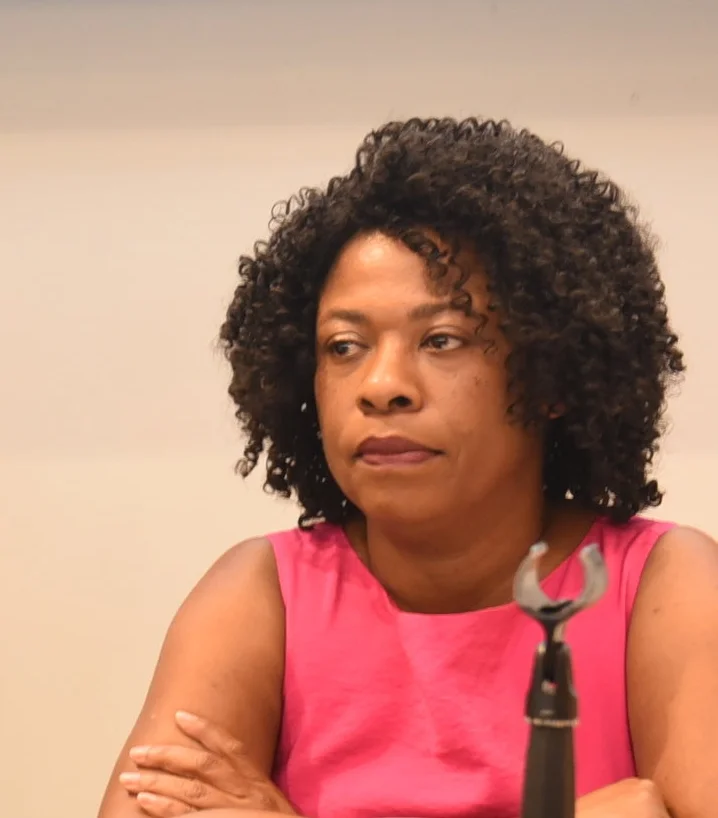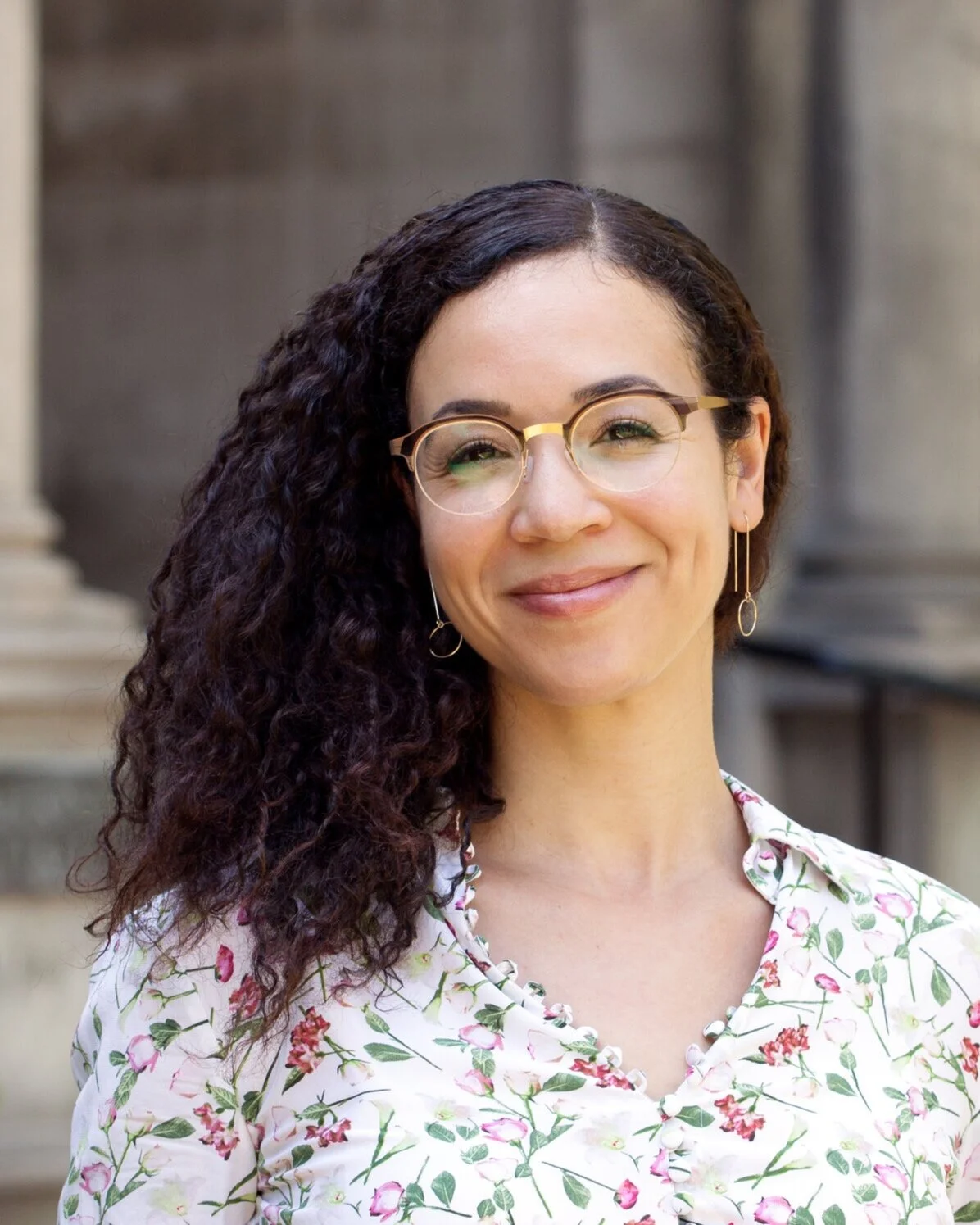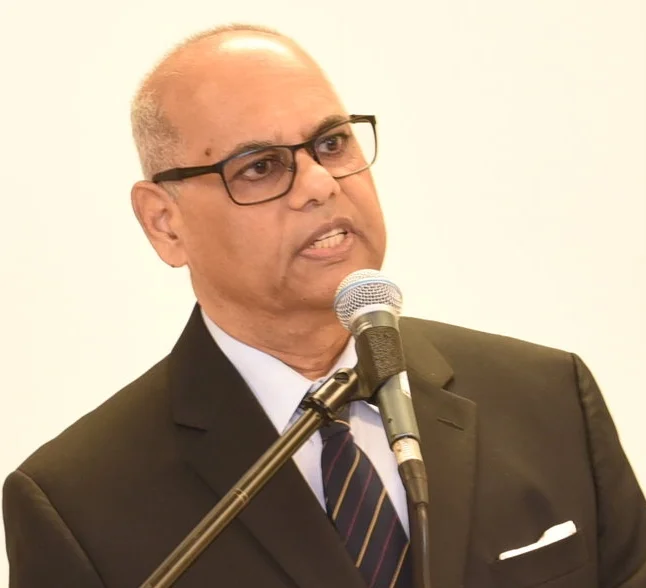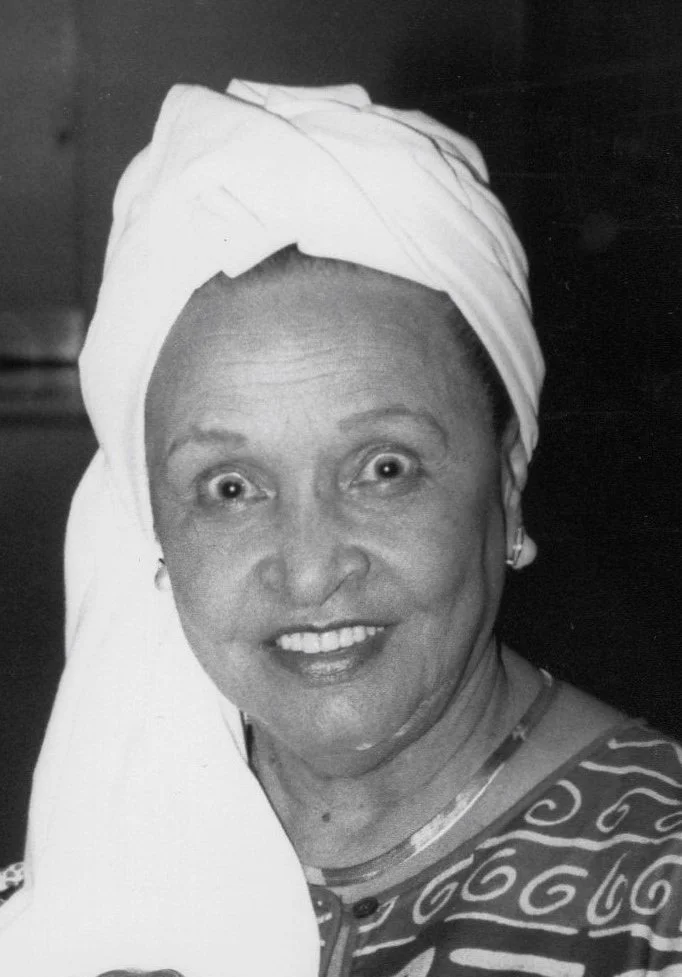University of Guyana seeks Diaspora help
September 7, 2017
Seeking to become a 21st century institution of higher learning, the University of Guyana (UG) is soliciting social and financial support from graduates and Diaspora members.
Last July, UG held its first diaspora engagement conference to share its vision and promote entrepreneurship, innovation and social & capital opportunities.
“We don’t want necessarily to say to people you must come home,” deputy vice-chancellor Barbara Reynolds told a small audience, including graduates, at a reception last week at Centennial College. “Not everyone can come back home and we are not saying you should come home. We however need to engage with you and your offspring to share some of your social capital.”
The deputy vice-chancellor responsible for planning & international engagement, Reynolds spent nearly three decades overseas before returning to Guyana in 2014.
She said the university needs to be rebranded, refurbished, retooled and reanimated to discharge its mandate to serve as a facilitator of education and economic development for Guyanese citizens and the society and foster dreaming and doing to change personal and societal realities.
“The dreaming is critical because if you look at the reality of where the university is right now and there’s no dreaming, we wouldn’t move forward,” Reynolds, a former Save the Children United Kingdom education head, said. “In fact, part of the challenge of the university is a certain inertia. It is as if people are tired. When I got there and I started to work on a strategic plan, a couple of department heads came to me and said, ‘we did this already’. It took me a while to help them to understand that even when we have done something before, there is perhaps a need to do it again. That malaise is something we need to address.
“…We need to value what has proven to be good and true. There are things that UG have which we must hold on to, even if they are 60 years old. But we also want to find things that are useful, but need to be done in a different manner like using information technology to mediate some old practices. We also have to find ways to foster in every UG graduate intellectual curiosity, intellectual autonomy and intellectual responsibility so that our graduates are able to discharge their responsibilities in real life.”
The university has 74 undergraduate programs, nine graduate and 10 affiliate programs and a PhD program in Biodiversity.
“A university can’t be a university if it offers a single PhD program,” said Reynolds who spent 23 years with the United Nations Children’s Fund (UNICEF) in several capacities and locations before joining Save the Children UK.
The university recently launched a School of Entrepreneurship & Business Innovation and a Master’s in Social Work.
A total of 13 programs are under development and Reynold said the university has signed a Memorandum of Understanding with a Trinidadian company to develop a solar farm that will be used to supplement the university energy and as a working laboratory for technology students.
Just 20 per cent of the university’s 1,000 full and part-time staff has terminal degrees while another 50 per cent has a range of graduate degrees, primarily Master’s.
“My concern with that is that if you take someone like our very young and able head of the medical technology department, he’s pursuing a Master’s in Urban Planning because it’s one of the very few Master’s programs at the university,” Reynolds pointed out. “He will have a Master’s, but the medical technology department will still be headed by someone who has a Bachelor’s degree in medical technology. That is a weakness that is folded into another weak area that requires attention. We have to look at how we move the cohort of faculty who have Bachelor degrees into Master’s programs and, from my perspective, relevant Master’s degrees and how we work to ensure that we have more PhD’s coming back to Guyana.”
The university recently announced that tuition fees will be increased by 35 per cent over the next three years.
The cost of undergraduate tuition for a school year is about US$1,000.
“That is unsustainable and it has a direct impact on quality because we can’t pay, we can’t invest in services and we can’t build installations,” Reynolds, who taught at Central High School in Guyana and the Caribbean Union College in Trinidad and was the assistant principal at Westmoreland Secondary School in Grenada, said. “Because of that, a lot of faculty have other full-time jobs and they are not worried about saying that. That has to be fixed in a number of ways, including developing a culture in Guyanese that you have to borrow money to pay school fees. Guyanese don’t see university education as an investment. Everyone wants to pay with cash and nobody wants to take a loan.”
As part of the revitalization process, records will be digitized, the Walter Rodney Chair has been resuscitated, the artist-in-residence program has been formalized and the UG Press will be established to publish articles and text books.
“UG is the only campus in the world where students don’t have text books except for law and medicine,” said Reynolds who started a human rights film festival two years ago. “It’s become such a culture that we don’t have a bookstore that sells text books. That has tochange and for us to do that, we have to use e-books, we have to be able to buy book licenses to print our own books, we have to have the capacity to negotiate and plan ahead and we have to change the culture where a student will be willing to borrow to finance their education.”
Reynolds said a campus store to sell merchandise, a student commons and a food service outlet are also being considered.
The Guyana government recently acquired loans to build a health science facility and a library.
The University of Guyana Guild Of Graduates, Ontario (UGGGO), which became dormant in 2014 after being in existence for 21 years, has promised to donate nearly Can$5,000 to the library.
“I visited the library in 2013 and it was in very poor condition,” said UGGGO founding member Harry Hergash who graduated from UG in 1969 and was awarded the Natural Sciences department Most Outstanding Student prize. “That money will be despatched by wire transfer shortly.”
He was unable to attend the reception because of ill health.
During its two-decade existence, the UGGGO contributed almost Can$20,000 to several UG initiatives, including financial awards to outstanding students.
Reynolds was accompanied to Toronto by registrar Dr. Nigel Gravesande.
While teaching at the Kwame Nkrumah University of Science and Technology in Ghana, Dr. Harold Drayton was invited by then Guyanese Premier Dr. Cheddi Jagan to return to Guyana to help set up UG.
That seminal moment is captured in Drayton’s memoir, ‘An Accidental Life’ that was recently launched.
Established in 1963 with Drayton as the first deputy vice-chancellor in its foundation year and as head of the biology department and professor until April 1972, UG has nearly 8,000 full and part-time students and about 20,000 graduates.






